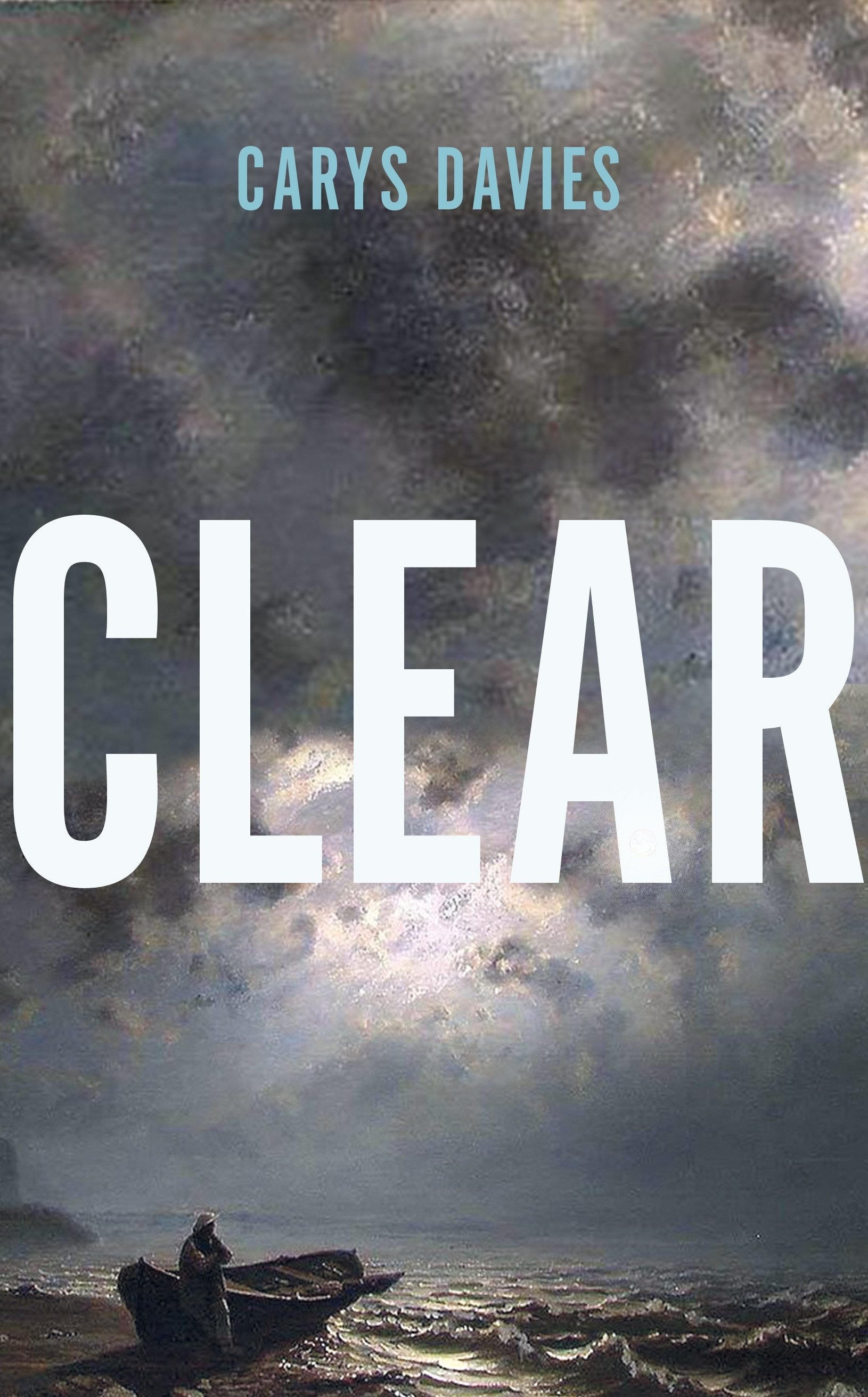Claire Messud’s fourth novel, The Woman Upstairs (2013), was notable for having a genuine twist – a reminder of how rare that is in literary fiction. Messud has nonetheless produced such a rarity again in This Strange Eventful History.
For her seventh novel, the saga of the Cassar clan, Messud has turned to her own family history. The novel reaches from Algeria, where her paternal grandparents were raised, to Connecticut, where Messud herself was born, and from 1927 to 2010. The Cassar family go to war, move continents, develop dementia and alcoholism, and marry or fail to: this is not a milieu in which remaining single is viewed as a dignified choice.
This Strange Eventful History is told in the third person: Gaston is the Cassar patriarch, and while he and his wife Lucienne consider their marriage to be “the masterpiece” of their lives, it contains a troubling secret.





